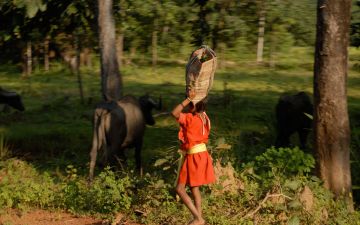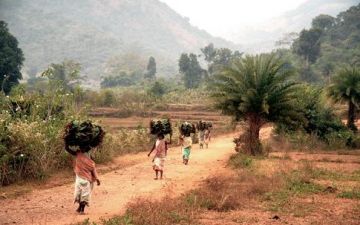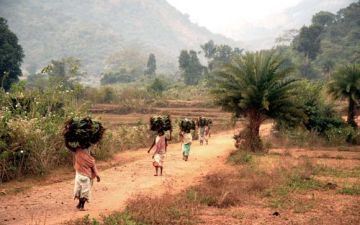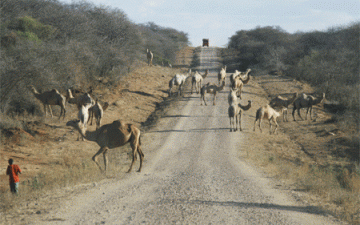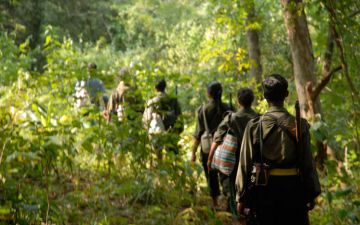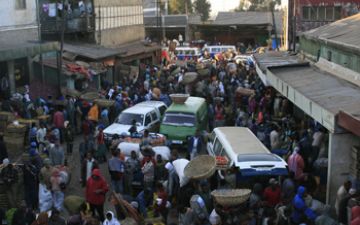Suicides Plague Indian Farmers Struggling to Adapt to Changing Economics
NASHIK, India -- On a recent afternoon, Seetabai Atthre heard a faint cry from the edge of a vineyard her family has cultivated for more than 40 years on the arid plains of northern Maharashtra state. Searching through the furrows, she found her husband, Vishal, smoldering on the ground next to an empty can of kerosene. He died in a local hospital three days later from severe burns.
The Atthre farm had not turned a profit in more than two years, and 65-year-old Vishal could no longer secure loans from local banks to pay off the interest on the $5,600 he already owed.
